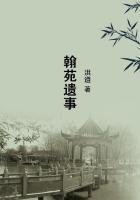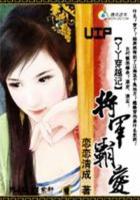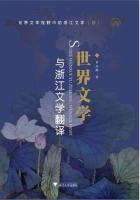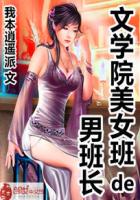The severest censor of the press, however, would hardly declare now that "as to such a thing as impartial and independent criticism upon theatres in the present state of the relations between editors, reporters, managers, actors--and actresses--the thing is palpably out of the question," and if matters were really at the pass hinted, the press has certainly improved in fifty years, if one may judge from its present frank condemnations of plays and players. The theatre apparently has not, for we read that at that period "a very great majority of the standard plays and farces on the stage depend mostly for their piquancy and their power of interesting an audience upon intrigues with married women, elopements, seductions, bribery, cheating, and fraud of every description . . . . Stage costume, too, wherever there is half a chance, is usually made as lascivious and immodest as possible; and a freedom and impropriety prevails among the characters of the piece which would be kicked out of private society the instant it would have the audacity to make its appearance there."
II.
I hope private society in New York would still be found as correct if not quite so violent; and I wish I could believe that the fine arts were presently in as flourishing a condition among us as they were in 1849.
That was the prosperous day of the Art Unions, in which the artists clubbed their output, and the subscribers parted the works among themselves by something so very like raffling that the Art Unions were finally suppressed under the law against lotteries. While they lasted, however, they had exhibitions thronged by our wealth, fashion, and intellect (to name them in the order they hold the New York mind), as our private views now are, or ought to be; and the author "devotes an entire number" of his series "to a single institution"--fearless of being accused of partiality by any who rightly appreciate the influences of the fine arts upon the morals and refinement of mankind."
He devotes even more than an entire number to literature; for, besides treating of various literary celebrities at the "literary soirees," he imagines encountering several of them at the high-class restaurants.
At Delmonico's, where if you had "French and money" you could get in that day "a dinner which, as a work of art, ranks with a picture by Huntington, a poem by Willis, or a statue by Powers," he meets such a musical critic as Richard Grant White, such an intellectual epicurean as N. P. Willis, such a lyric poet as Charles Fenno Hoffman. But it would be a warm day for Delmonico's when the observer in this epoch could chance upon so much genius at its tables, perhaps because genius among us has no longer the French or the money. Indeed, the author of 'New York in Slices' seems finally to think that he has gone too far, even for his own period, and brings himself up with the qualifying reservation that if Willis and Hoffman never did dine together at Delmonico's, they ought to have done so. He has apparently no misgivings as to the famous musical critic, and he has no scruple in assembling for us at his "literary soiree" a dozen distinguished-looking men and "twice as many women....
listening to a tall, deaconly man, who stands between two candles held by a couple of sticks summoned from the recesses of the back parlor, reading a basketful of gilt-edged notes. It is . . . the annual Valentine Party, to which all the male and female authors have contributed for the purpose of saying on paper charming things of each other, and at which, for a few hours, all are gratified with the full meed of that praise which a cold world is chary of bestowing upon its literary cobweb-
spinners."
It must be owned that we have no longer anything so like a 'salon' as this. It is, indeed, rather terrible, and it is of a quality in its celebrities which may well carry dismay to any among us presently intending immortality. Shall we, one day, we who are now in the rich and full enjoyment of our far-reaching fame, affect the imagination of posterity as these phantoms of the past affect ours? Shall we, too, appear in some pale limbo of unimportance as thin and faded as "John Inman, the getter-up of innumerable things for the annuals and magazines," or as Dr. Rufus Griswold, supposed for picturesque purposes to be "stalking about with an immense quarto volume under his arm . . .
an early copy of his forthcoming 'Female Poets of America'"; or as Lewis Gaylord Clark, the "sunnyfaced, smiling" editor of the Knickerbocker Magazine, "who don't look as if the Ink-Fiend had ever heard of him,"
as he stands up to dance a polka with "a demure lady who has evidently spilled the inkstand over her dress"; or as "the stately Mrs. Seba Smith, bending aristocratically over the centre-table, and talking in a bright, cold, steady stream, like an antique fountain by moonlight"; or as "the spiritual and dainty Fanny Osgood, clapping her hands and crowing like a baby," where she sits "nestled under a shawl of heraldic devices, like a bird escaped from its cage"; or as Margaret Fuller, "her large, gray eyes Tamping inspiration, and her thin, quivering lip prophesying like a Pythoness"?
I hope not; I earnestly hope not. Whatever I said at the outset, affirming the persistent equality of New York characteristics and circumstances, I wish to take back at this point; and I wish to warn malign foreign observers, of the sort who have so often refused to see us as we see ourselves, that they must not expect to find us now grouped in the taste of 1849. Possibly it was not so much the taste of 1849 as the author of 'New York in Slices' would have us believe; and perhaps any one who trusted his pictures of life among us otherwise would be deceived by a parity of the spirit in which they are portrayed with that of our modern "society journalism."















